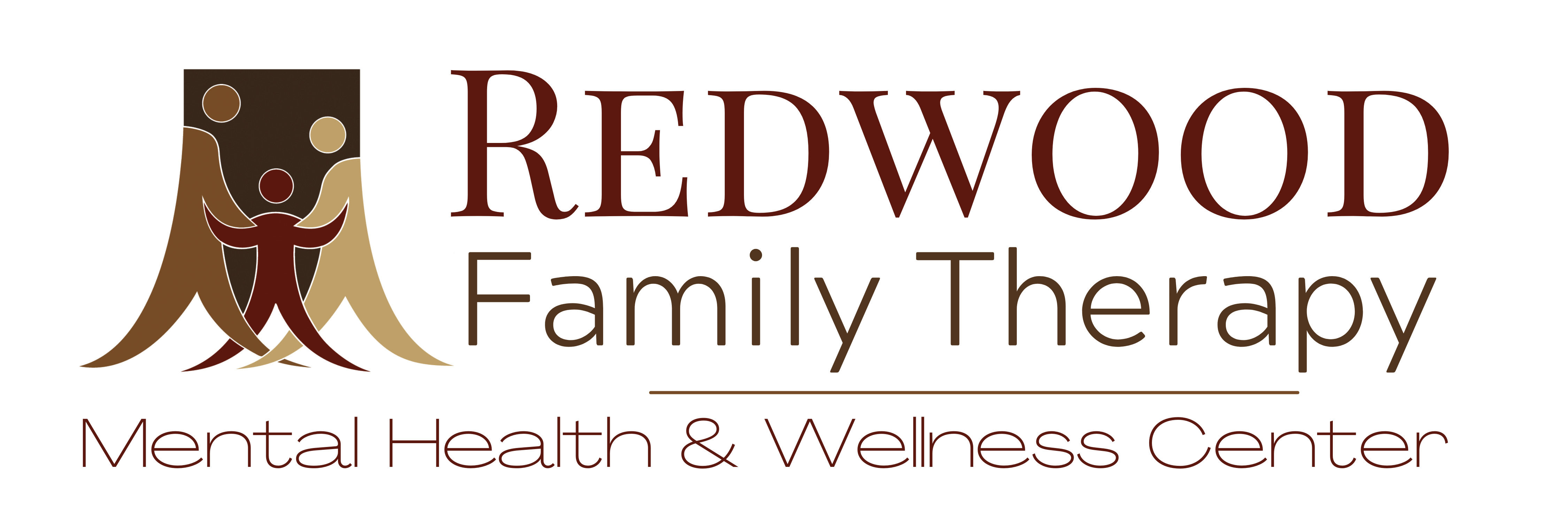Betrayal & Blame
 When a marriage is ending, people tend to try and find logical reasons why. Even loving people tend to try and find logical reasons, often asking questions that can sometimes do more harm than good. When a marriage ends due to betrayal, often the betrayed partner is asked questions that allude to them being to blame for such betrayal, or even out-rightly blaming them.
When a marriage is ending, people tend to try and find logical reasons why. Even loving people tend to try and find logical reasons, often asking questions that can sometimes do more harm than good. When a marriage ends due to betrayal, often the betrayed partner is asked questions that allude to them being to blame for such betrayal, or even out-rightly blaming them.
Marital betrayal is one of the most painful life experiences to be had. It is never the partner’s fault or responsibility when betrayed by cheating in any form, by any means whether physical or emotional. Never. Most of the time there is nothing that the partner could have said or done to prevent their partner from cheating on them. It simply was not their choice and is not their responsibility.
If you know someone who is or has experienced marital betrayal, please know that what you say and don’t say is valuable. Here are some examples of things to NOT say to someone dealing with betrayal:
- Well, you are hard to live with (or any justification on why your partner betrayed you).
- How could you not have known/how did you miss this?
- If you had god (or insert other qualities) with you, you would have known it wouldn’t have worked out in the first place.
- If you had been giving your partner enough sex (or fill in the blank) this probably wouldn’t have happened.
- Every partnership begins and ends because of the choices of two people.
- Looks like you didn’t make them happy.
- What else could you have done to fix this? Did you really try everything you could to save the marriage?
- You should have tried harder to make your marriage/partnership work.
- If you weren’t so ____________ (fill in the blank) he/she wouldn’t have cheated on you.
- Well, there is always a valid reason why partners cheat/abandon/leave their partnership.
The above responses are all common. If reading any of these was painful or seemed harsh to you, those feelings are valid. These are painful and harsh things… shaming things that people commonly say that cause much damage. The above statements are insensitive and re-traumatizing to the betrayed.
If you are a friend or loved one of someone going through or having gone through this, instead of looking for reasons to validate the possible logic of the betrayer, educate yourself. One topic that may shed more light on betrayal is that of addiction. Addiction is very common these days. Learn about the “flight” pattern that is common in addicts and understand the trauma patterns of their partners. Understand that the partner has likely taken too much responsibility (possibly for years) for the unhealthy aspects of their marriage, as it is common for addicts to blame their partners and not accept responsibility. Understanding is the key to being able to support those in pain.
Your job is not to judge or make accusations. It is to be a shoulder to cry on, and someone to lend a helping hand to those suffering. Hold back your accusations of them. Respect the boundaries of the betrayed partner. If they don’t want to talk about it, don’t take it personally. There is so much going on in their heart and mind at this time that it’s very difficult for them to put their current world into words. Come forth with understanding, patience and care. That’s all that’s needful during this traumatic time. Don’t come up with assumptions… that increases the partners feelings of betrayal and damages the trust that will exist in your relationship with them. Possibly forever. There is no direct solution for their pain, but time, understanding and a listening ear will help them to not feel as alone in their time of pain. This is one of the greatest gifts that you can give to the betrayed partner. One way you can be present for them is by saying something like the following: “I couldn’t possibly understand what you’re going through right now, however I sure love and care about you and want to be here for you in whatever way you need me.” Just saying “I’m here” can make such a difference in their time of need.
To the betrayed partner: know that if a friend or family member accuses you, they may have some of their own issues with betrayal, abandonment and shame, possibly that they misinterpreted as being their own fault, thus projecting their fears or beliefs onto you. For your own benefit, try not to take it personally, and find support and safety in those who are not blaming you, but coming forward with love and understanding. Be gentle with yourself. It’s probably high time that someone demonstrated gentleness toward you. Who better to do this than yourself.
If you’ve been betrayed, please know that there is nothing that you could have done to have prevented your partner from leaving you. Their mental and emotional states are not your responsibility, even if you feel that they are. Know also that you are not alone in your suffering and pain. There are millions of other betrayed partners who are in pain right now. You may not know them personally, but there are often therapy and support groups available that can help you feel less isolated and offer the support that you may need, even many years after you have experienced this. Individual therapy can also be beneficial in your recovery process. Although it isn’t your fault, you are directly affected by it and your healing is of utmost importance in order for you to move forward in life. Find a therapist who can help you move through the healing journey. Therapy can initially be intimidating and scary, but well-trained therapists won’t blame you, or allude to things being your fault. They will listen, hear your pain and your experience, and seek to help you heal.
What if instead of pointing fingers, we sought healing. What a beautiful pathway that could be.
-Rachelle Hamill, LCSW, Clinical Director
